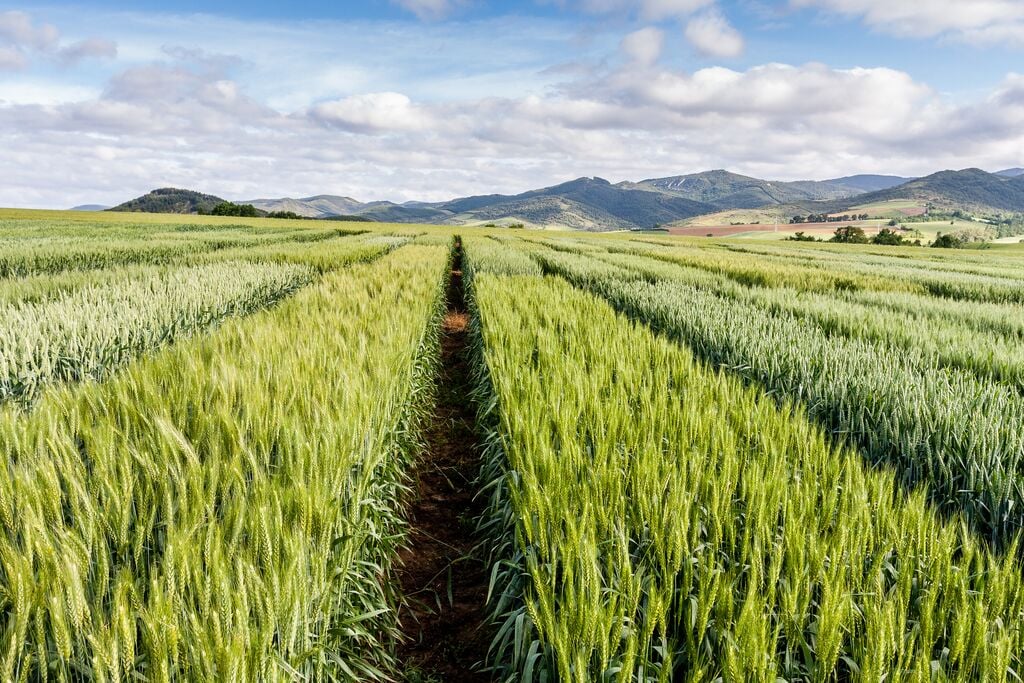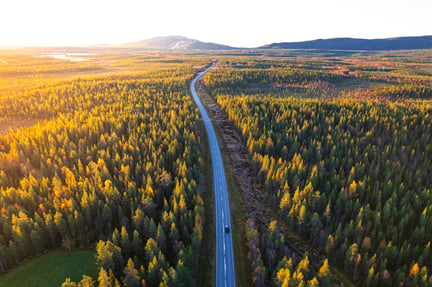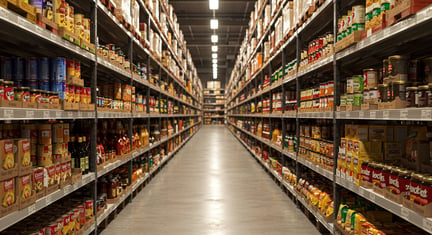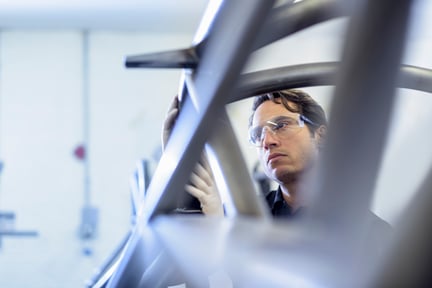In the extensive complexity of global food supply chains, primary producers stand as the backbone; ensuring that nourishment reaches tables worldwide. However, the presence of climate change poses unprecedented challenges to these essential stakeholders.
From smallholder farmers to large-scale agribusinesses, the presence of climate change looms large, casting a shadow of uncertainty over the future of food production.
Is climate change the biggest risk to food supply chains?
In recent years, unpredictable weather patterns linked to climate change have led to declines in farming productivity; from heat stress disrupting planting and harvesting schedules, diminishing crop yields, and increasing vulnerability to pests and diseases; to prolonged droughts, erratic rainfall, and severe storms; primary producers face mounting uncertainties and complexity in agricultural production. The repercussions of climate change on agriculture are both diverse and profound, challenging the very foundation of food production and resource management across the globe.
Addressing these challenges requires an approach that encompasses both proactive mitigation strategies and adaptive management practices. Enhanced disease management protocols and expanding feed resources are vital if primary producers are to navigate these weather-induced disruptions and safeguard the health and productivity of their livestock populations.
Chicken-and-egg: Climate implications of industrialised farming
We know climate change is a critical risk factor for many primary producers however it is equally important to understand the impact primary production – more specifically industrialised farming – has on climate change.
While industrialised farming has increased exponentially in recent years to meet the demands of a growing population, its environmental toll cannot be ignored. The intensive agricultural practices associated with industrialised farming contribute to soil degradation, water pollution, loss of biodiversity, and greenhouse gas emissions, exacerbating the very climate crisis that is impacting primary production globally.
From the direct impact of methane emissions produced by enteric fermentation in livestock to nitrous oxide emissions arising from synthetic fertiliser applications; to the indirect implications of deforestation, land-use change and soil degradation; agricultural activities are responsible for a substantial share of global greenhouse gas emissions and the vicious cycle of environmental degradation.
“Balancing one imperative of feeding the population with another to protect and preserve our planet poses a significant challenge to the food industry.”
Embracing sustainable practices
Striking the right balance between feeding the population and adopting sustainable practices is high on the agenda for the food supply chain but to achieve this balance, introducing new, effective farming practices is paramount.
Regenerative agriculture has emerged as an important solution to sustainable farming. By prioritising soil health, biodiversity conservation, and carbon sequestration, regenerative agriculture offers a unique approach to mitigating climate change impacts while enhancing productivity. Recently, we have seen a significant uptake in regenerative farming processes by large food companies, including McCain’s – the leading producer of frozen potato products – who are committed that 100% of their potato crop will involve regenerative agricultural practices by the end of the decade.
LRQA has worked closely with McCain to verify their regenerative agricultural framework and ensure that the practices used in growing regenerative potatoes meet the highest standards of environmental sustainability; this collaboration showcases the potential for the food industry to lead in the fight against climate change.
The future of farming
Looking to the future of farming, finding the middle ground between food security and environmental stewardship becomes increasingly important. While industrialised farming remains vital in meeting immediate food needs, transitioning towards regenerative practices is essential for long-term sustainability. Regenerative agriculture not only mitigates climate risks but also preserves farming culture, honouring the vital role of farmers in safeguarding global food supply chains.
How LRQA can help
At LRQA, we are committed to empowering primary producers in navigating the complex landscape of climate change and sustainable agriculture. Through our food sector expertise, we are relentless in helping organisations adopt and showcase best practices in farming, ensuring resilience and innovation across food supply chains.
Find out more about our solutions here.









